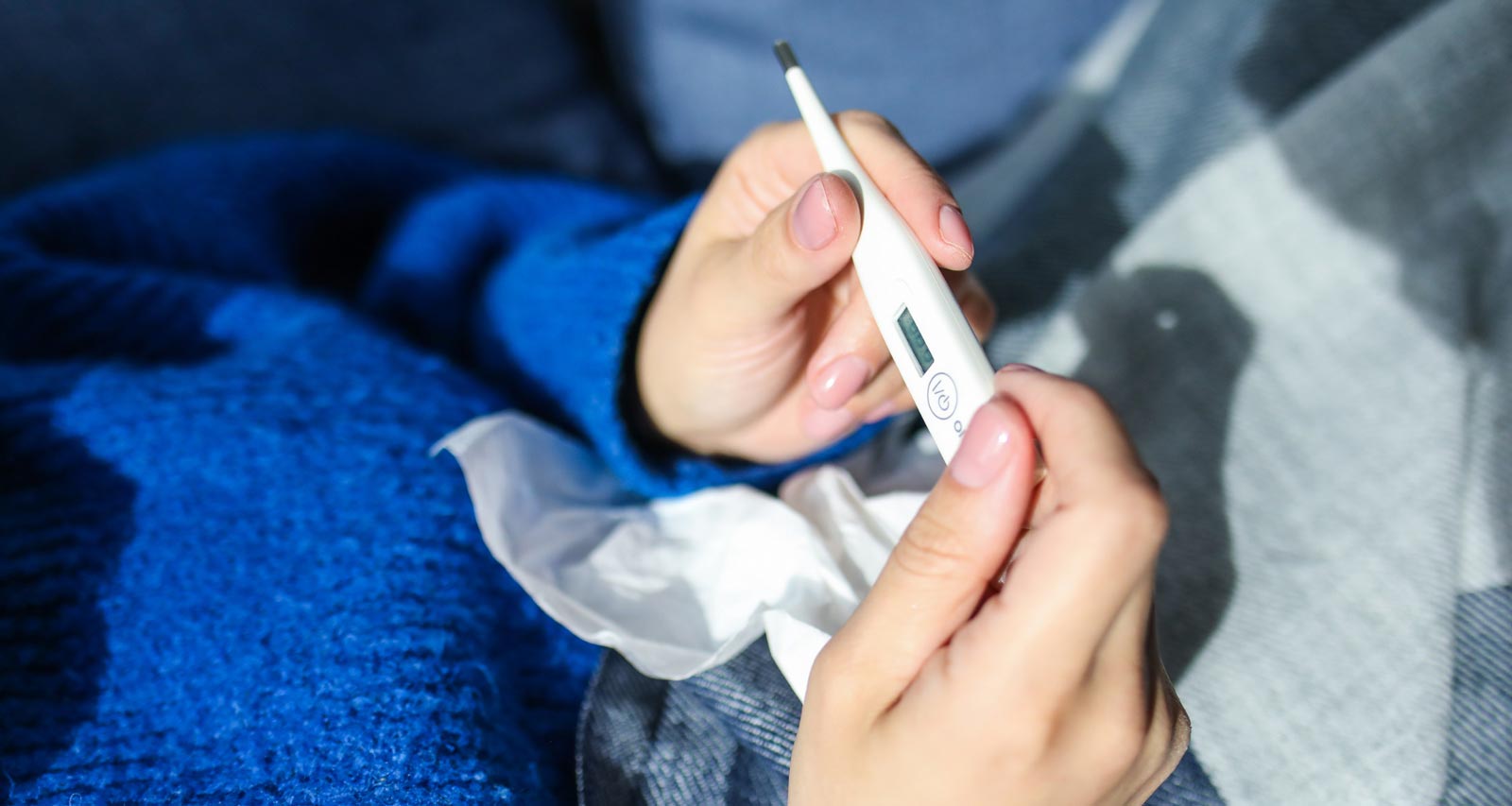Battling Flu-Like Symptoms
You're sniffling, achy, and tired, but tests have ruled out influenza. While the flu is one potential cause of these symptoms, there are several other reasons you could be feeling unwell with flu-like symptoms but no flu. Understanding what's causing your discomfort is the first step towards the right treatment and a speedy recovery.
Conditions with Flu-Like Symptoms
Common Colds, Allergies, and Chest Infections
Although you might be experiencing flu-like symptoms but no cold or cough, it's possible that a lesser cold virus is behind your malaise. Similarly, allergies can bring about a similar set of symptoms, such as a runny nose or fatigue, without the fever that commonly accompanies the flu. Spotting the difference can sometimes be tricky since flu-like symptoms, but no fever can suggest a variety of causes.
Colds really are common, occurring over a billion times in the United States each year, according to the University of Florida Health, and causing more work and school absences than any other illness. While symptoms of a cold are similar to those of the flu, they’re usually less severe. Colds are more likely to cause a stuffy or runny nose, whereas a flu bug may bring body aches, fatigue, and chills. Severe flu infections sometimes lead to complications and hospital stays, which generally don't happen with colds.
Your sniffling and sneezing may also be caused by allergies. Unlike the cold or flu, allergies are not caused by a virus but by immune system reactions. Your symptoms, which may also include watery eyes, swelling, nausea, a rash, breathing problems, and diarrhea, flare up and linger while you’re exposed to the allergen. Common allergens include animal hair, dust, certain foods, and mold. Flu symptoms, on the other hand, typically last a week or two and diminish on their own.
Chest infections, including pneumonia and bronchitis, also cause flu-like symptoms. While it often follows a cold or flu, it isn't the same thing. Common symptoms include a high fever, coughing up phlegm, a fast heartbeat, shallow breathing, and feeling confused. Bronchitis is usually caused by a virus, whereas bacteria typically cause pneumonia, which is why pneumonia may require antibiotics. Like the cold and flu, chest infections can be contagious and easily spread from person to person.
Non-Infectious Trigger
You may be experiencing symptoms such as body aches and fatigue due to stress, a lack of sleep, or an autoimmune condition. These can cause flu-like symptoms but no fever, making the situation confusing. Moreover, hormonal imbalances or nutritional deficiencies can present with a flu-like syndrome sans the infectious components.
Medication Side Effects
It's crucial to consider your medication regimen, as some drugs can cause flu-like symptoms as side effects without the presence of an actual cold or viral infection. Beta-blockers and ACE inhibitors, used for hypertension and heart conditions, might provoke flu-like symptoms in some patients. Statins, used for lowering cholesterol, might likewise occasionally lead to muscle aches and general malaise. While not a medication for an existing condition, vaccines stimulate the immune system and can sometimes result in a short period of flu-like symptoms as part of the body's natural response.
Dealing with Conditions with Flu-Like Symptoms
No matter what is causing your symptoms, you can take steps to feel more comfortable and potentially even recover faster.
- Understand and manage allergies. If you suspect you have an allergy, consult your doctor, who may recommend or prescribe medications or allergy shots, as well as environmental changes such as avoiding the allergen.
- Rest during infections. Whether you have a cold, flu, or chest infection, resting well and often can help ensure that your energy goes to healing. Staying home from work and other obligations also prevents passing the bug on to others.
- Consider OTC medications. With the exception of pneumonia, in which coughing is an important part of the healing process, upper-respiratory infections can be helped with over-the-counter multi-symptom relief products such as Maximum Strength Mucinex Fast-Max Cold, Flu & Sore Throat which contains a pain reliever, fever reducer, cough suppressant, expectorant and nasal decongestant.
- Stay hydrated. Drinking fluids helps loosen mucus in your throat and lungs when you have an infection.
When Should You Contact a Doctor?
Seeking professional medical advice becomes essential when your symptoms persist or worsen. Flu-like symptoms but no fever may still signal a serious health issue. If you're dealing with worsening symptoms or if your condition is interfering with your daily activities, it is advisable to reach out to a healthcare provider.
Particularly, if you encounter symptoms such as shortness of breath, unexplainable weight loss, persistent pain, or severe fatigue, these could indicate more severe health conditions that require timely medical attention. Your doctor can perform relevant tests to determine the exact cause of your symptoms.
Remember to inform your healthcare provider if you're experiencing flu-like symptoms but no flu, as this information is vital in aiding them to correctly diagnose your condition. Don't hesitate to mention if you have flu-like symptoms but no cold or cough or flu-like symptoms but no fever, as these specifics can help narrow down potential causes and treatments.
References
- University of Florida Health: Common cold
- Centers for Disease Control and Prevention: Cold Versus Flu
- American College of Allergy, Asthma & Immunology: Allergy Symptoms
- Cleveland Clinic: Influenza (Flu)
- National Health Service: Chest Infection
- Mucinex: Maximum Strength Mucinex® Fast-Max® Cold, Flu & Sore Throat Liquid Gels









